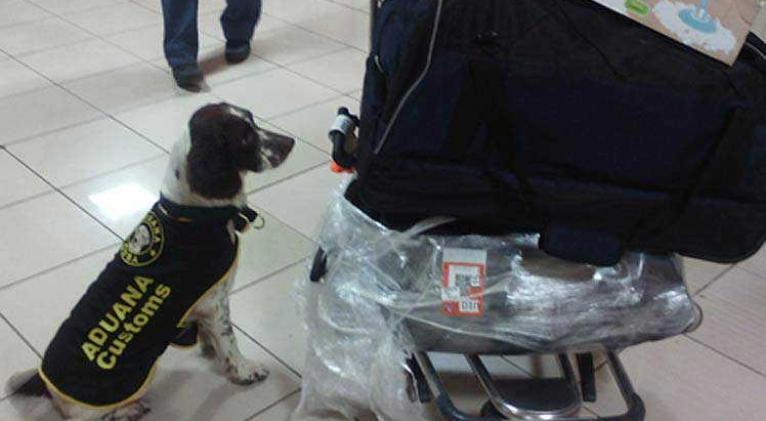Cuban Customs Reaffirms Zero-Tolerance Policy on Drugs
especiales

The General Customs of the Republic of Cuba today reaffirmed its zero-tolerance policy against drugs, emphasizing its commitment to combating drug trafficking and safeguarding national security.
Jorge Bubaire, Director of Customs at Havana's José Martí International Airport, stated that participation in the Airport Communication Project (AIRCOP) is a cornerstone of Cuba's strategy to counter the illicit drug trade.
Implemented by the United Nations Office on Drugs and Crime (UNODC), in collaboration with the World Customs Organization and INTERPOL, AIRCOP facilitates real-time operational information sharing to combat transnational crime and terrorism.
"Our office currently collaborates directly with 36 countries and 41 airports. All of Cuba's air terminals adhere to these operations, including the inspection of containers and cargo," added Yosvany Bárcenas, General Director of Customs Procedures.
The announcement coincided with the upcoming inauguration of Cuba's National Drug Observatory on July 4. This institution will serve as a hub for drug prevention and enforcement efforts, integrating data analysis, research, and early warning systems.
"For the first time, an observatory of this kind will incorporate three key networks: information management, research, and early alert," explained Pilar Varona, Vice Minister of Justice.
Cuban authorities have drawn on the experiences of countries such as Mexico, Colombia, and Panama in establishing the observatory. This initiative underscores the nation's resolve to address the global drug threat with coordinated and efficient measures.














Add new comment